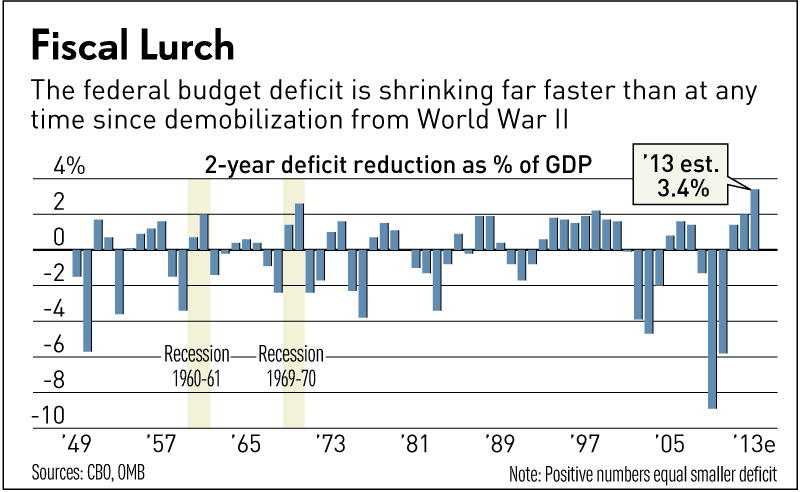“Punting the Pundits” is an Open Thread. It is a selection of editorials and opinions from around the news medium and the internet blogs. The intent is to provide a forum for your reactions and opinions, not just to the opinions presented, but to what ever you find important.
Thanks to ek hornbeck, click on the link and you can access all the past “Punting the Pundits”.
Follow us on Twitter @StarsHollowGzt
Henry A. Giroux: The Shooting Gallery: Obama and the Vanishing Point of Democracy
We live at a time in the United States when the notion of political enemies has become a euphemism for dismantling prohibitions against targeted assassinations, torture, abductions and indefinite detention. Under the elastic notion of permanent war and the use of Orwellian labels like terrorists, enemy combatants, enemies of the state or the all-encompassing “evil-doers,” the United States has tortured prisoners in Iraq and Guantanamo for more than a decade. It also kidnapped suspected terrorists, held them in CIA “black sites,” and subjected them to extraordinary rendition – “the practice [of] taking detainees to and from US custody without a legal process … and often … handing [them] over to countries that practiced torture.”1 As a new report from the Open Society Foundation, “Globalizing Torture,” points out, since 9/11 the CIA has illegally kidnaped and tortured more than 136 people and was aided in its abhorrent endeavors by 54 countries.2 All of this was done in secrecy and when it was eventually exposed, the Obama administration refused to press criminal charges against those government officials who committed atrocious human rights abuses, signalling to the military and various intelligence agencies that they would not be held accountable for engaging in such egregious and illegal behavior. The notion that torture, kidnapping and the killing of Americans without due process is an illegitimate function of any state, including the United States, has overtly suffered the fate of the Geneva Conventions, apparently too quaint and antiquated to be operative.
Josh Barro: A Smarter Alternative to Raising the Minimum Wage
One of President Barack Obama’s biggest proposals in yesterday’s State of the Union Address was a big minimum wage increase, from $7.25 per hour to $9. The trade-off with any minimum wage increase is that it reduces inequality and poverty, but may raise unemployment. As Evan Soltas wrote for the Ticker last month, within the wage range that is on the table, the former effect should be substantial and the latter effect small, if existent. So, raising the minimum wage is a better idea than doing nothing.
But while a higher minimum wage is a way to address poverty, it’s not the best way. It would be preferable to increase the Earned Income Tax Credit, a government program that makes payments to workers in low-income households. Unlike a higher minimum wage, a larger EITC would not create any disincentive to hire; and while some of the benefits of a minimum wage hike will go to teenagers in middle-class households, everyone who benefits from the EITC is poor.



Recent Comments